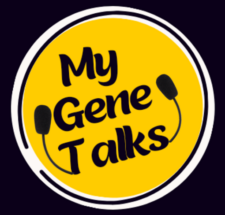In a groundbreaking move set to reshape modern medicine, the UK Biobank, in partnership with 14 leading pharmaceutical companies, has launched an ambitious AI-driven proteomics initiative that could transform how we understand and treat diseases. By harnessing the power of advanced computing and the world’s largest genetic research database, scientists are now set to analyze up to 5,400 proteins from a cohort of half a million individuals, with long-term follow-up samples from 100,000 participants collected over 15 years.Building on promising pilot studies that unveiled over 10,000 new links between common genetic variants and protein levels, researchers are poised to push the boundaries even further. This scale-up promises to refine our understanding of how lifestyle, environment, and genetics converge through proteins to influence disease progression. By integrating this vast proteomic data with other imaging data—such as MRI scans of the brain, heart, and other organs—the initiative aims to train sophisticated AI models that can identify disease subtypes with unprecedented precision.
The ultimate goal is to tailor interventions and preventive treatments for conditions ranging from breast cancer and cardiovascular disease to Parkinson’s and dementia.What makes this endeavor even more compelling is the pivotal role played by artificial intelligence. At the forefront of this revolution is Google DeepMind’s AlphaFold, the AI model that redefined protein structure prediction and helped secure a half share of last year’s chemistry Nobel Prize. With its third iteration, AlphaFold now extends its analytical reach beyond proteins to include DNA, RNA, and even molecular ligands, promising a more comprehensive exploration of the intricate biochemical networks that sustain life.This initiative not only underscores the transformative potential of AI and big data in biomedical research but also marks a significant step toward a new era of precision medicine. As scientists peel back the layers of the proteome—the very materials that bring genetic blueprints to life—the medical community and the public alike are left to wonder: Could this be the key to preventing diseases before they manifest, or even discovering entirely new targets for therapy? With such an innovative project underway, the race is on to translate these digital breakthroughs into real-world health benefits, potentially changing the landscape of disease treatment and prevention for generations to come.
